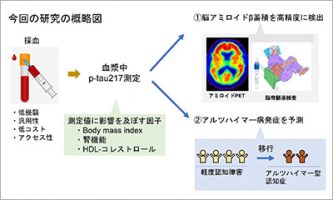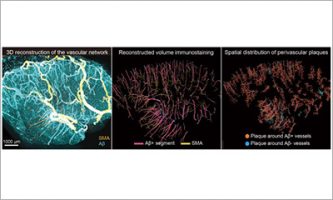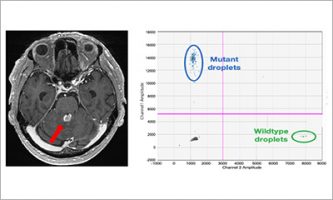Development of a safe and effective toxin-based gene therapy for the liver cancer
Feb 21 2020
Hepatocellular carcinoma (HCC) is one of the liver cancer and related to the various liver diseases. Since the tumor is consist of the highly heterogeneous tumor cells and conventional therapies show insufficient efficacy, a development of the new therapeutic options is an unmet clinical needs.
Senior Lecturer Kenya Kamimura, Professor Shuji Terai, and their research group at the Division of Gastroenterology and Hepatology, Niigata University Graduate School of Medical and Dental Sciences has developed a novel toxin-based gene therapy for HCC and demonstrated its effectiveness and safety in a joint study with Professor Hiroshi Nishina and colleagues at the Department of Developmental and Regenerative Biology, Medical Research Institute of Tokyo Medical and Dental University, and Professor Masato Ohtsuka and colleagues at the Department of Molecular Life Sciences, Division of Basic Medical Science and Molecular Medicine, Tokai University School of Medicine.
Publication Details
Title: Effect of Diphtheria Toxin-Based Gene Therapy for Hepatocellular Carcinoma
Journal: Cancers
Authors: Kenya Kamimura*, Takeshi Yokoo, Hiroyuki Abe, Norihiro Sakai, Takuro Nagoya, Yuji Kobayashi, Masato Ohtsuka, Hiromi Miura, Akira Sakamaki, Hiroteru Kamimura, Norio Miyamura, Hiroshi Nishina, Shuji Terai
*: corresponding author
More News
-
 Feb 13 2026 Research results
Feb 13 2026 Research resultsEvaluation of plasma p-tau217 biomarkers in detecting amyloid pathology and predicting cognitive outcomes: Observations from Japanese Alzheimer's disease neuroimaging initiative cohort
-
 Feb 12 2026 Research results
Feb 12 2026 Research resultsFrom surface to depth: 3D imaging traces vascular amyloid spread in the human brain
-
 Jan 28 2026 Research results
Jan 28 2026 Research resultsTreatment initiation is possible with a positive liquid biopsy in primary central nervous lymphoma patients with difficult-to-access lesions
